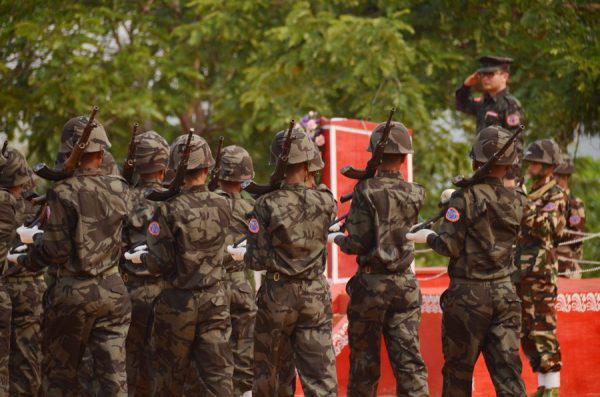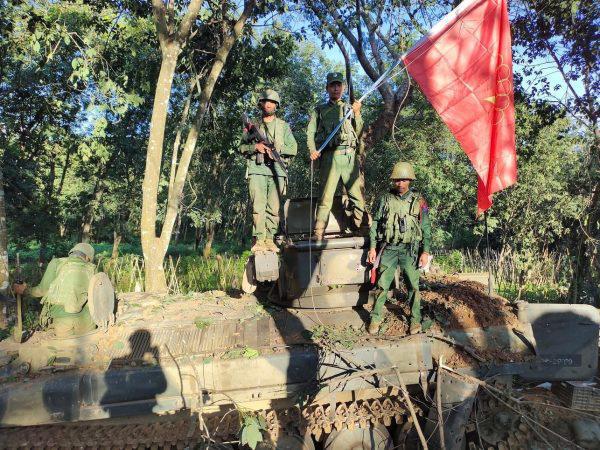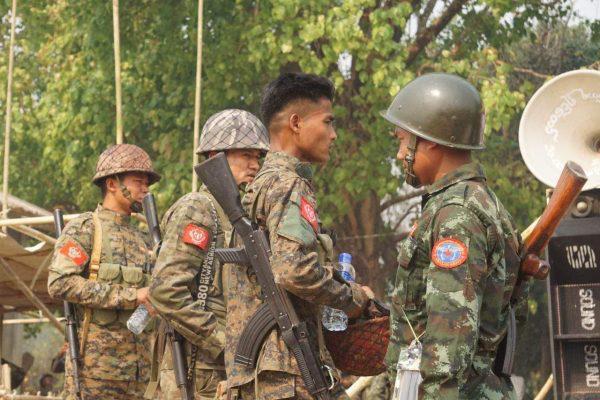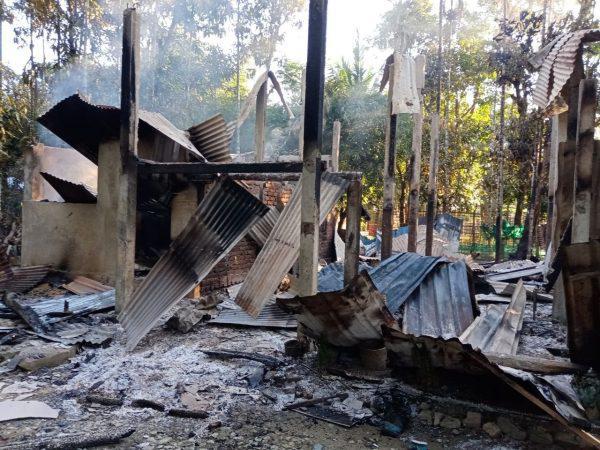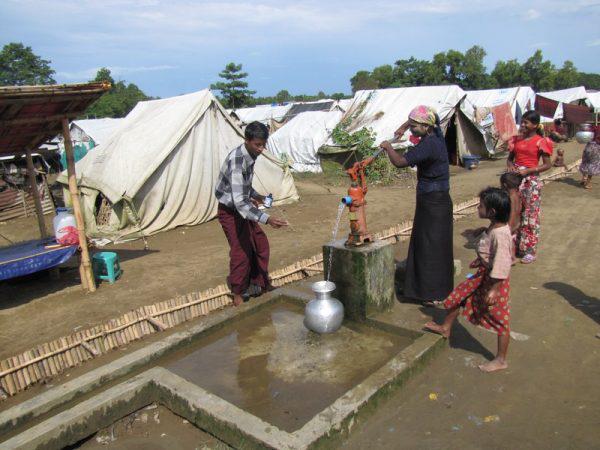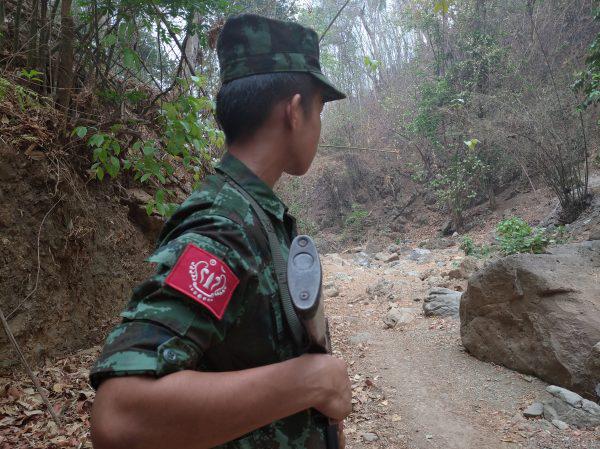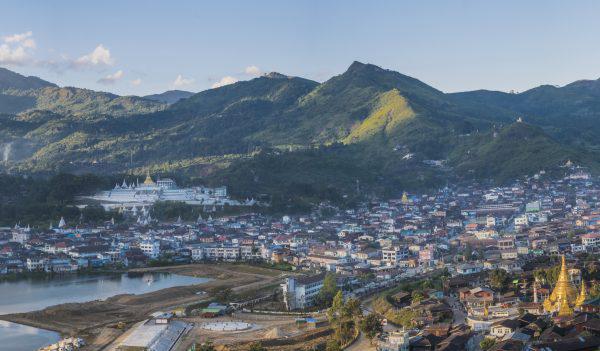
Is Myanmar’s Civil War Pushing the Country Toward Fragmentation?
Resistance forces now face the challenge of building an ethnically inclusive and democratic state, something that no government in Myanmar has ever achieved.
Today, Myanmar stands at a critical juncture in its history. The escalating losses of the Myanmar military due to the coordinated attacks by resistance forces and ethnic armed organizations (EAOs) throughout the country have ignited a pivotal debate, both nationally and internationally, about the country’s future trajectory. Is Myanmar heading toward Fragmentation and Chaos?
Today, Myanmar stands at a critical juncture in its history. The escalating losses of the Myanmar military due to the coordinated attacks by resistance forces and ethnic armed organizations (EAOs) throughout the country have ignited a pivotal debate, both nationally and internationally, about the country’s future trajectory. Is Myanmar heading toward Fragmentation and Chaos?
